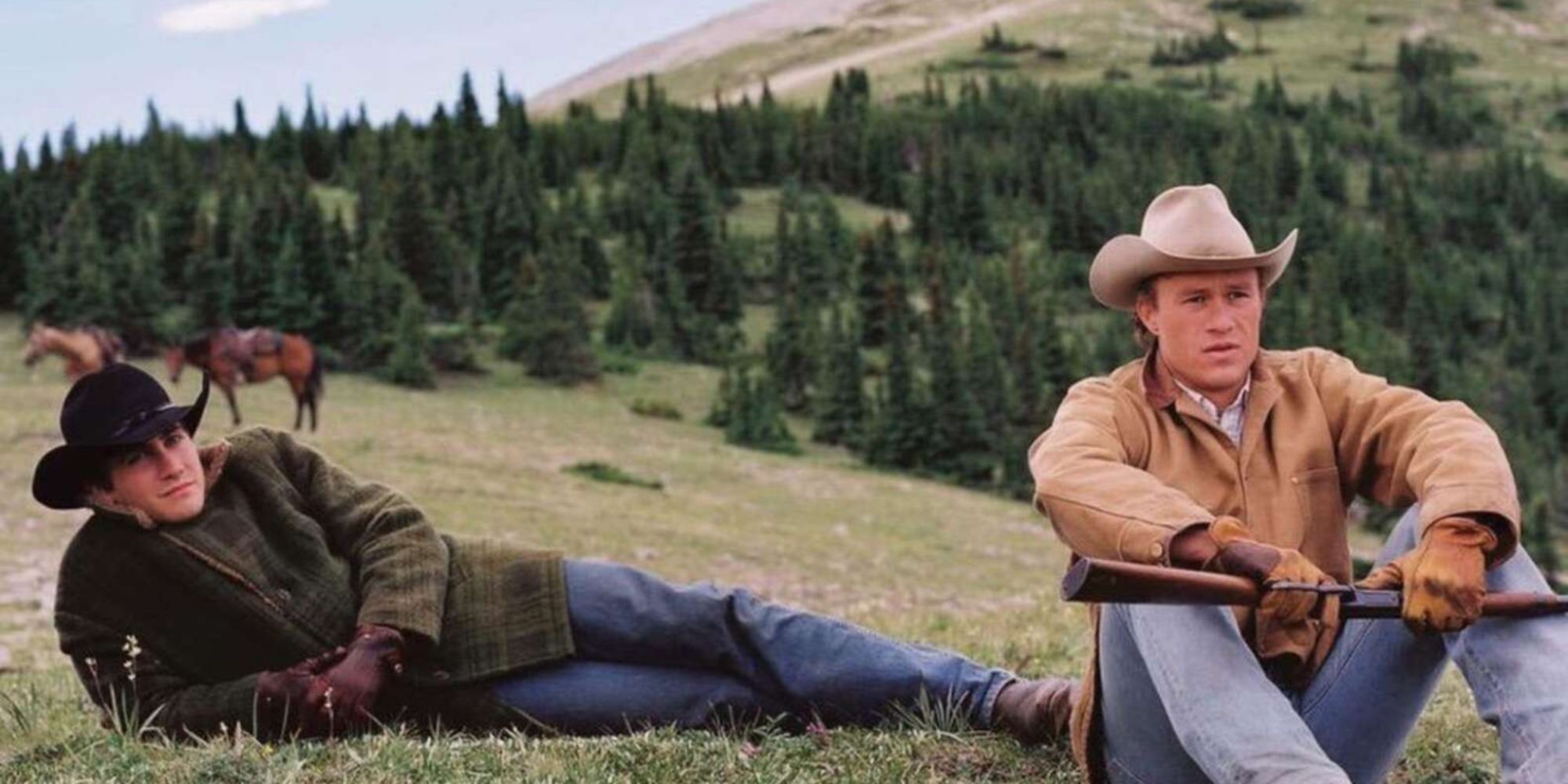As fun as the Academy Awards can be, it's no secret that they don't always get things right. Too often, one or more nominated films are better (or at least more interesting) than the film that ends up winning. It's something people generally accept, but that doesn't mean we can't still have a little whine about it.
To be fair, it is still something that the following 10 films earned nominations for Best Picture. That's better than not being in the running at all, and a list covering all the best films that didn't win and weren't nominated would need to have far more than 10 entries. Still, these are 10 notable nominated films that came close to winning Best Picture yet ultimately didn't, but should have.
Goodfellas (1990)
If Goodfellas isn't Martin Scorsese's very best movie, then it's definitely one of them. It tells the story of Henry Hill and his life as a low-ranking member of the mafia, covering all the ups and downs (though mostly downs) that come with the criminal life.
With a relentlessly quick pace, great visuals, so much style, a killer soundtrack, and great performances from all of its cast (including the late, great Ray Liotta in the lead role), Goodfellas should have been a shoo-in for the 1990 Best Picture. It lost to Kevin Costner's Dances With Wolves, though. While that film's far from bad, it hasn't endured quite as much as Scorsese's classic.
Pulp Fiction (1994)
Pulp Fiction is perhaps the most iconic film from Quentin Tarantino, which is saying something, considering how memorable, unique, and wild his filmography is. Plot-wise, it involves three darkly comedic and crime-related short stories that all intersect and cross over in interesting ways.
1994 was an amazing year for movies, so Pulp Fiction not winning the top prize at the Oscars doesn't sting too much. Admittedly, Forrest Gump is a very good movie, but it's not quite Pulp Fiction. At the end of the day, the main thing is that only one of them features John Travolta dancing and accidentally shooting people in the head.
The Social Network (2010)
David Fincher made several great films before The Social Network, including Se7en, Fight Club, and the underrated Zodiac. The Social Network is just as good as those - arguably better - so this dramatic retelling of how Facebook was created would have been the perfect film to award to honor Fincher's contributions to film.
Beyond that, it was also undeniably of the very best films released in 2010. Unfortunately, the Academy Awards went for the solid but less memorable The King's Speech, presumably because the voters tend to prefer historical films set decades ago, rather than mere years. Maybe Fincher's upcoming The Killer will finally net him a Best Picture Oscar?
Dr. Strangelove or: How I Learned to Stop Worrying and Love the Bomb (1964)
Stanley Kubrick was a director who was criminally overlooked by the Academy Awards. Despite being one of the most beloved filmmakers of all time, he never won an Oscar for Best Director, and none of his films ever won Best Picture. At least Dr. Strangelove got a nomination for Best Picture; it's better than nothing.
Still, while 1964's winner, My Fair Lady, is a good (though slightly overlong) musical, Dr. Strangelove is arguably the greatest Cold War film of all time, and one of the most critically acclaimed comedies ever. On top of that, where else will you see Peter Sellers delivering three iconic performances all within a single 94-minute movie?
Fargo (1996)
The Coen Brothers did earn a Best Picture win for 2007's No Country For Old Men, but that award was overdue. They really should have won for Fargo, which is a classic film that expertly blends comedy, crime, suspense, and even some heartwarming romance all into one tightly paced and brilliantly made film.
Once again, it should be stressed that the movie that won instead (in 1996, The English Patient) is not terrible; just not as good, and definitely not as timeless, with the benefit of hindsight. Fargo is one of the smartest movies ever made about a cast full of (almost entirely) stupid people, and even with four TV seasons that share its name and aim to capture its look and feel, it still feels totally unique.
Mad Max: Fury Road (2015)
Is it any question that Mad Max: Fury Road was undoubtedly 2015's best film? It blew minds when first released, and continues to blow minds today, taking everything that worked in the first three Mad Max movies and pushing all of it to the extreme, making for one of the most exciting and beautiful action movies ever made.
Spotlight won in 2015, and told an interesting and important story about a group of journalists in Boston uncovering and exposing systemic child abuse within the Catholic Church. It's really on the opposite end of the spectrum to Fury Road, then, and it makes them hard to compare. But in the years since, nothing has captured the energy and gleeful craziness of Fury Road, and it would have been cool to see such a gonzo film take home the top prize at the Oscars, too.
E.T. the Extra-Terrestrial (1982)
It's hard to pick a favorite Steven Spielberg movie, but E.T. the Extra-Terrestrial would have to be up there. It's a heartwarming, funny, bittersweet movie about the bond between a boy and an alien stranded on Earth. Considering how the Oscars rarely award or even nominate science-fiction films, maybe Spielberg's classic snaring a nomination should be enough.
It lost the top prize to Gandhi, which was a decent biopic elevated by a great Ben Kingsley lead performance, and it wasn't surprising that it won over E.T. As such, the fact it couldn't make history as the first science-fiction film to win Best Picture is only a mild "ouch".
The Lord of the Rings: The Fellowship of the Ring (2001)
The Lord of the Rings did end up earning a Best Picture win in 2003, when the third installment in the iconic trilogy, The Return of the King, won 11 awards, including the top one. But it's a shame The Fellowship of the Ring didn't win too, as it might be the most satisfying single film in the trilogy, kicking off the Fellowship's journey to rid Middle Earth of evil once and for all in expert fashion.
It's also worth noting that it was a much stronger film than 2001's actual winner, the decent but definitely not great A Beautiful Mind. It's ensured that 2001 is certainly one of those years where a Best Picture nominee has ended up more memorable than the Best Picture winner.
Raging Bull (1980)
Easily one of the best biopics of all time, Raging Bull is not your average boxing movie. Featuring Robert De Niro as his most intense and ferocious, it depicts the life of Jake LaMotta, who was just as violent and aggressive in his day-to-day life as he was in the ring.
It's one of several Martin Scorsese movies that was nominated for Best Picture and deserved to win, but didn't. In 1980, it was up against the (admittedly pretty good) family drama Ordinary People, which certainly deserved a nomination, but perhaps not the top prize. Still, win or no win, Raging Bull endures to this day as a sports movie masterpiece.
Brokeback Mountain (2005)
Perhaps the biggest gap in quality between a Best Picture winner and a nominee was for the year 2005. Bafflingly, the blunt and aggressively simplistic Crash (which shouldn't have been nominated in the first place) won over Brokeback Mountain, an expertly-acted, artistically daring (for its time), and beautifully shot film by famed director Ang Lee.
It seems like the general consensus (and then some) that Brokeback Mountain was the best nominee for that year, but apparently, the Oscar voters felt otherwise. It's a shame, but at least it's well-remembered. And it does hold up far better than Crash, which tries to tackle serious subject matter in clumsy, awkward, and even borderline offensive fashion.

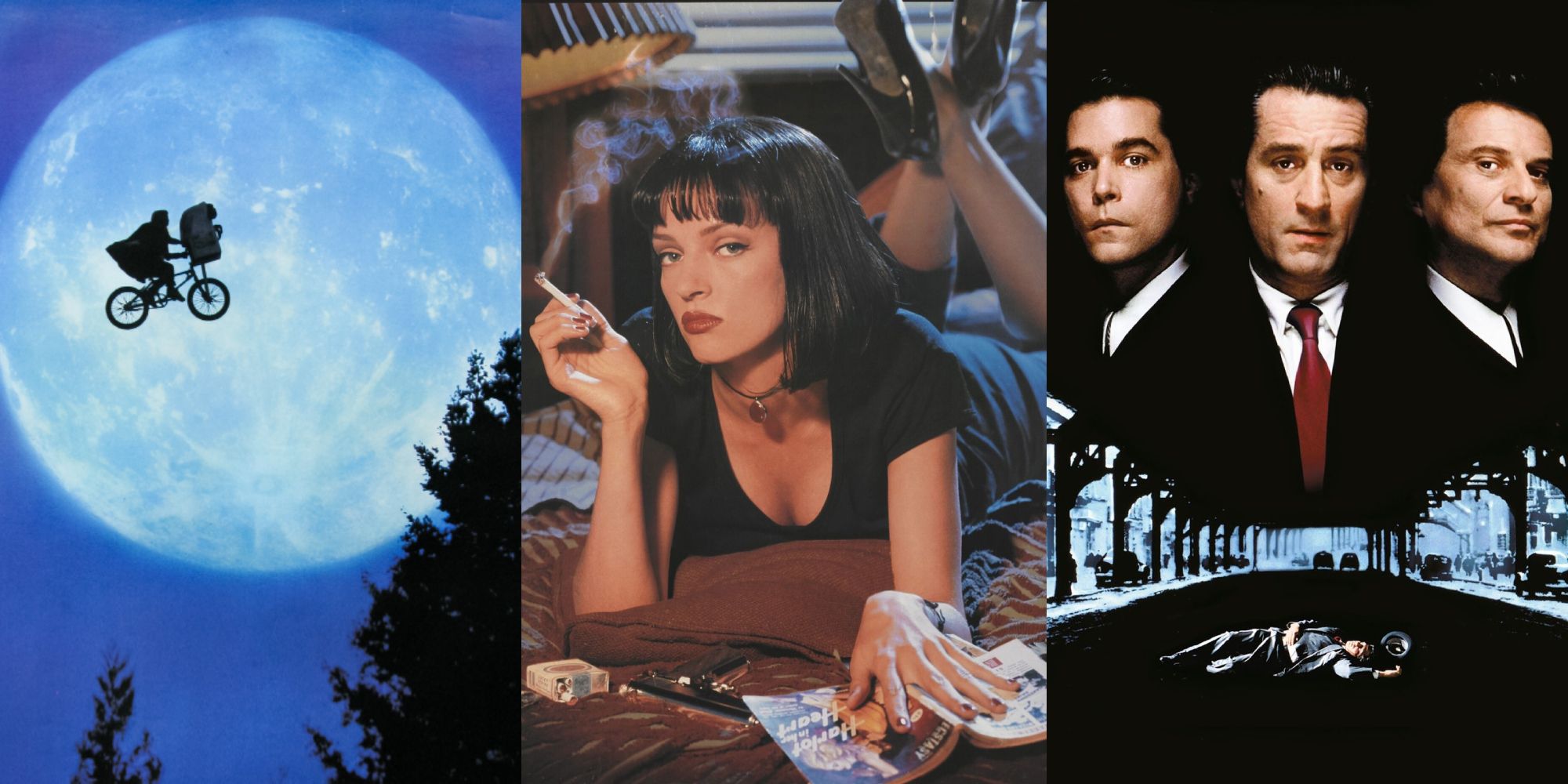
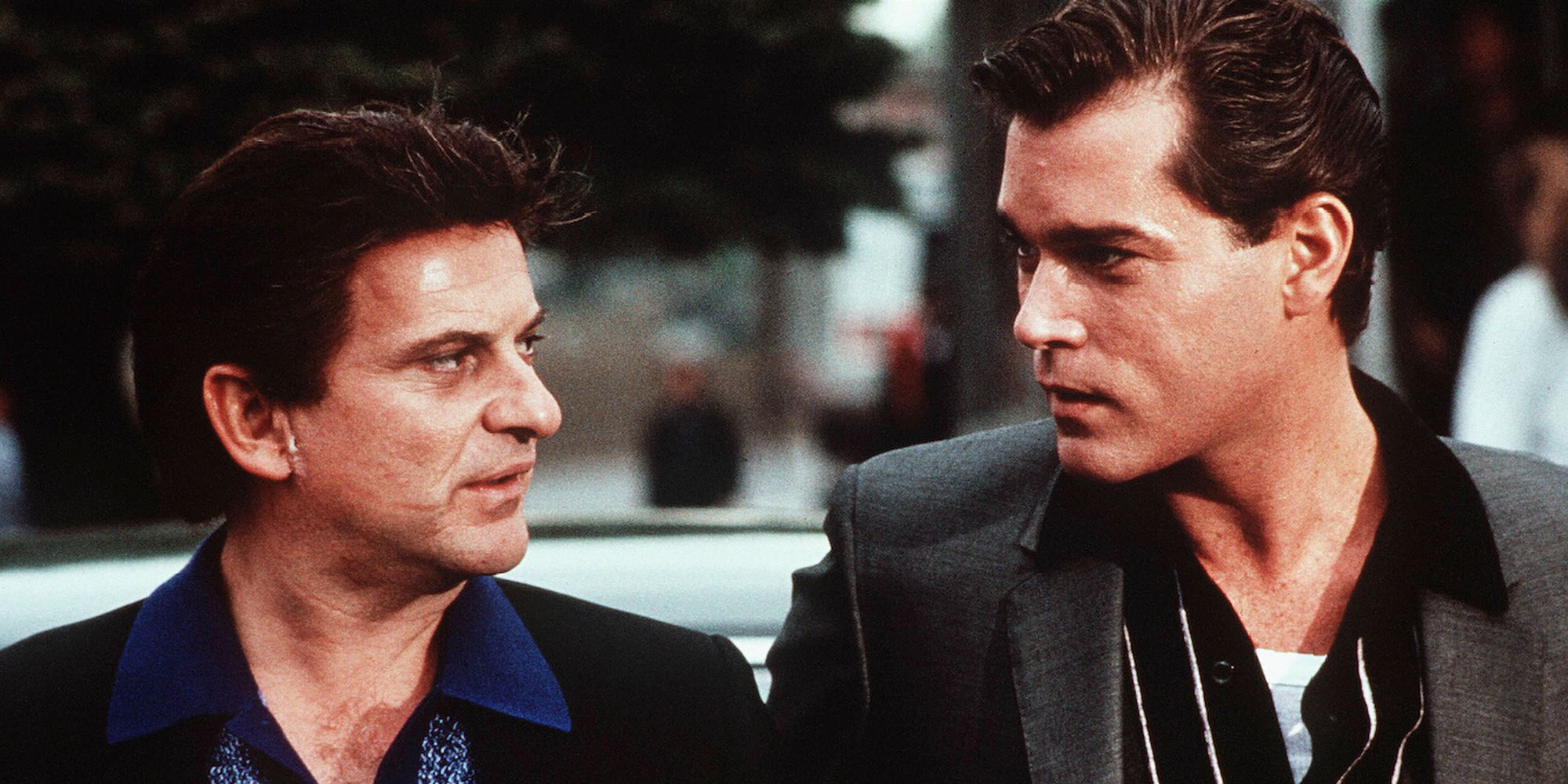
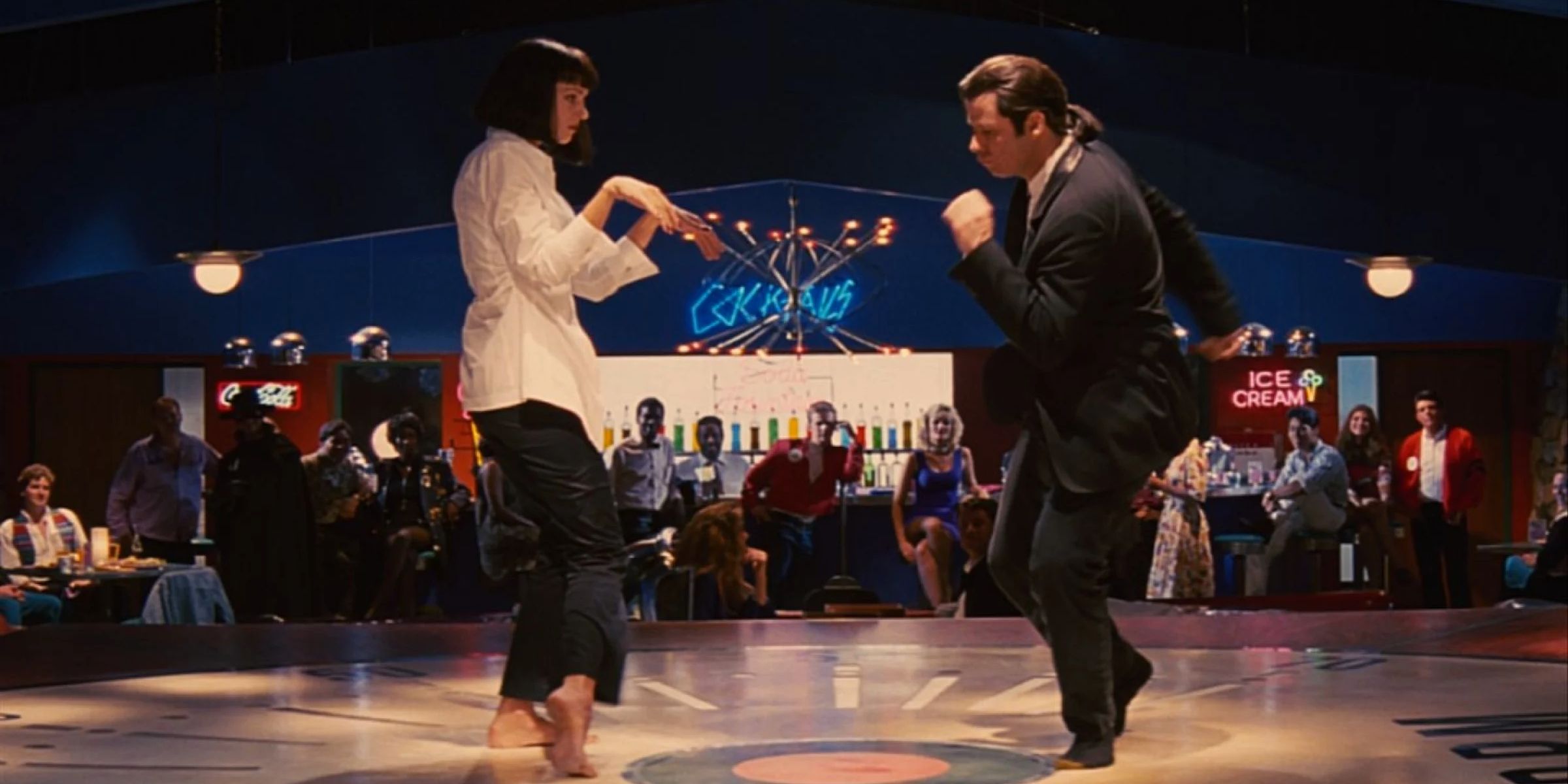
.jpeg)
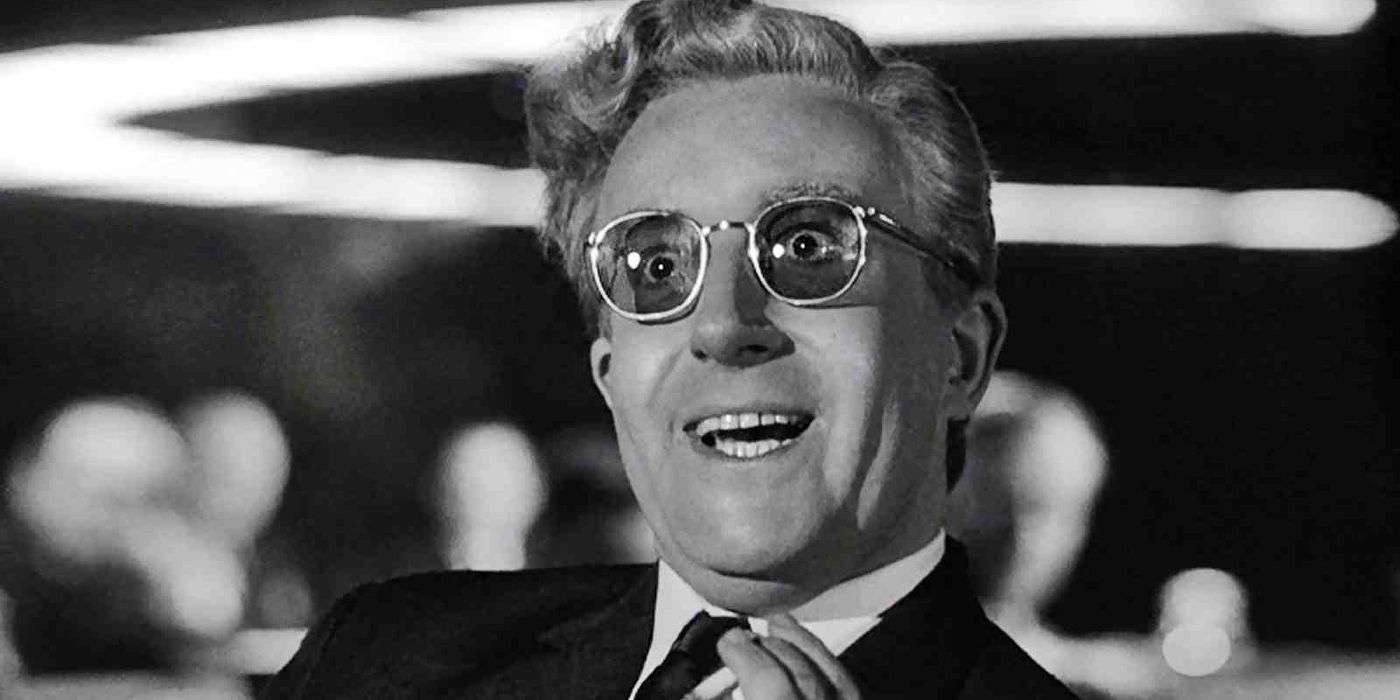
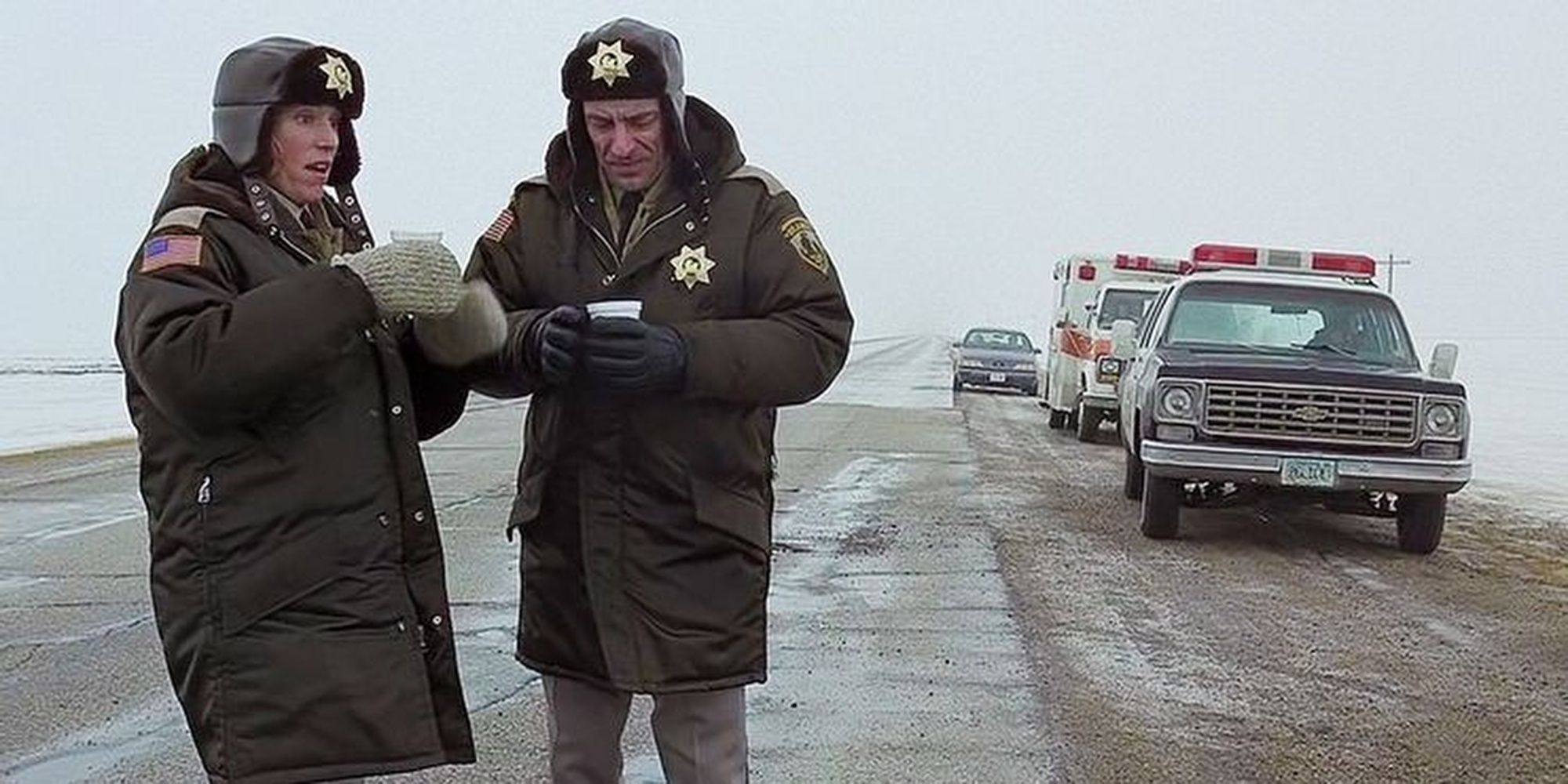
.jpg)
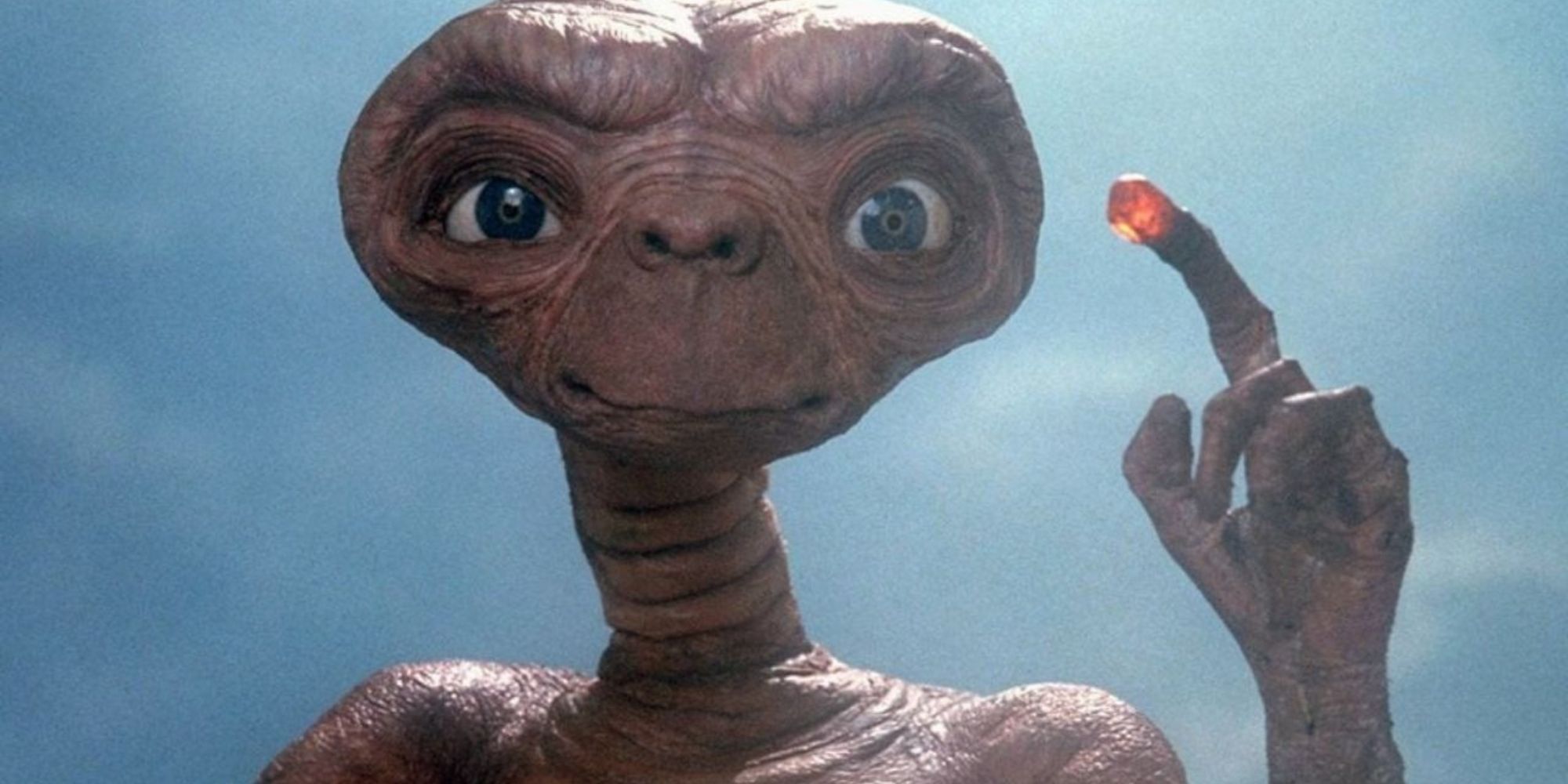
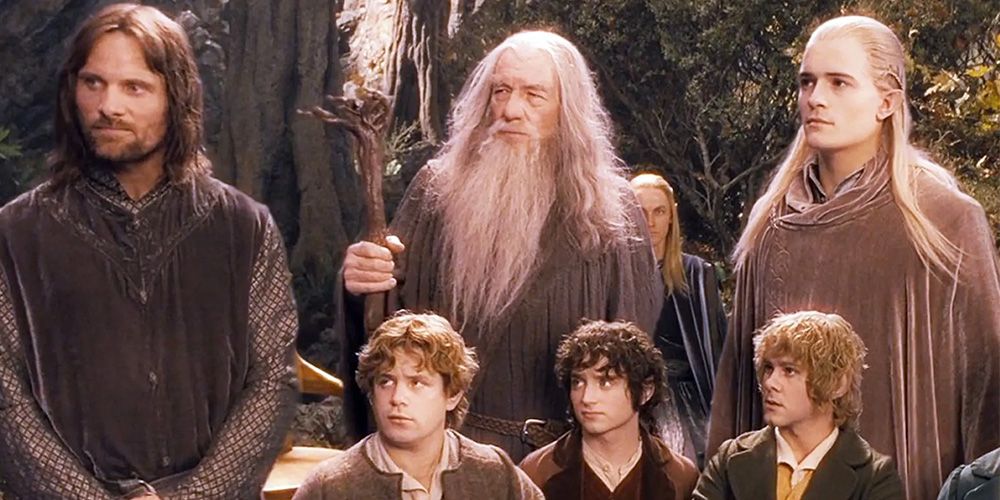
.jpg)
